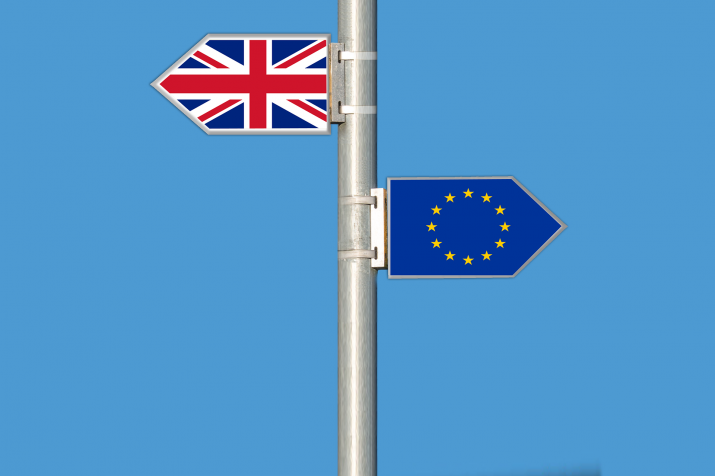
The UK Parliament voted twice to defy its government last week. First, they rejected the government’s negotiated terms for leaving the EU. Second, they voted that the UK cannot leave the EU without a negotiated agreement. Since the EU has declared they will not improve the terms rejected by the first vote, it appears that the UK can neither accept any agreement nor accept that there is no agreement. Brexit is, officially, an utter mess.
That does not mean democracy made it so. Bad decisions, wrong decisions or simply unpopular decisions can be achieved under any form of government. How well a system can navigate its mistakes- whether that mistake brings real social tragedy or merely thwarts the evolving will of its people- determines its durability, and, therefore, its quality. Brexit illustrates democracy’s survival instinct.
Brexit started with one politician’s cynical effort to save himself. David Cameron called for a referendum to prolong his tenure as prime minister. Fervent advocates of leaving the EU took advantage by mounting a campaign that essentially promised the public that they could get rid of all things they hate about the EU without losing any of the benefits of being in the EU.
That is a clever argument for just about any debate. Any society consists of a solid minority of people for something and a solid minority against that same something. These are your binary voters. They vote yes or no. In between those two groups are a fluctuating group of “quantum” voters who have yes and no impulses that make them behave as maybes. When forced to make a binary yes or no decision, they could be either depending on what impulse prevails at the moment they cast the vote. By promising these “quantum” voters that a pro-Brexit vote would satisfy all the reasons they want to leave and not hurt any of the reasons they want to stay, pro-Brexit politicians stifled enough concerns about the consequences of leaving to win the referendum.
Then this promise was proven empty. David Cameron resigned immediately. Boris Johnson, who bragged he could negotiate such a deal, could not. He resigned a few months later. Theresa May has been left to force a negotiated departure from the EU involving economic and social consequences- a decision that never had the support of a firm majority- through the country’s established democratic process. Predictably, she has failed.
Those who write that Brexit shows how democracy cannot deal with crisis have it wrong. The Brexit referendum was the result of an authoritarian style of leadership on the part of Nigel Farage and Boris Johnson, who made impossible promises and declared that they could achieve them if people just gave them power. If the UK had the system of government of a China or a Russia, Brexit would already be fact, despite the consequences to the population, or the growing opposition. Democracy has allowed a slow sift of opinion based on an increasing amount accurate information. It has steadily ground personal opinion into a proposed common policy. Now that an actual, achievable policy has been presented for a vote of the people’s representatives, it has failed by large margins.
What is next? Likely a muddle. Which is an accurate reflection of how the UK and most member countries think about the European Union. Europe has a strange mix of governance. National governments provide the social and security services most valued by citizens. Brussels, increasingly, regulates society. That is, it imposes costs or limitations on one part of society to benefit another. It does so with the empathy of any insulated bureaucracy; that is, in the tone of an expert, with little sympathy or recognition for those impacted negatively by their policy. EU policy, pushed by the United States, is responsible for one of the greatest economic disruptions of the last half century: the shift of blue collar jobs from Western Europe to the new member states of the EU. This has had enormous benefits for the citizens of the Poland, Hungary and the Czech Republic. How it has impacted the future of citizens of France, Belgium and the UK is much more ambiguous.
The Brexit vote, the yellow vests, the turmoil in Italy all have roots in this decision. The agonizing efforts of the UK to come to terms with Brexit is the first public debate with real consequence on the merits of the decision to expand the EU. It will likely not be the last. The inexorable shift of the debate away from empty slogans to tangible detail about how leaving the EU will affect citizens reveals not only the real merits and defects of the EU, but also proves again that democracy, for all its flaws, is the best available form of government.